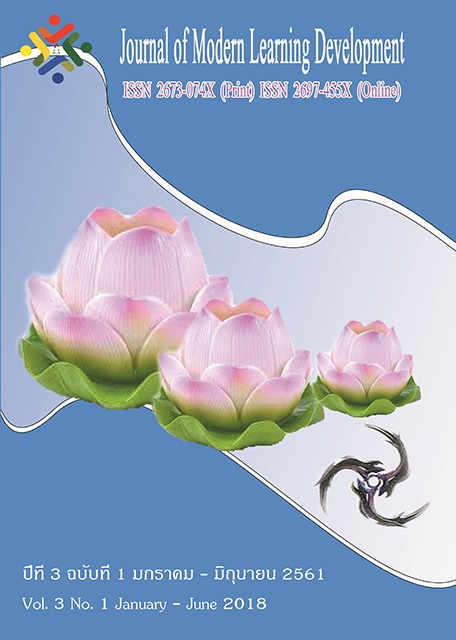Ethics And Organizational Development
Main Article Content
Abstract
Ethics and organizational development Ethics must consist of many virtues. Which comes mainly from religious teachings 1. Responsibility 2. Integrity 3. Reasonableness 4. Gratitude 5. Discipline 6. Sacrifice 6. Saving 6. Industrial effort 6. Unity 10 Mercy and Kindness 11. Justice
Ethics in a broad sense means living life. Canal life, life, movement of life in every aspect, every level, both physical, verbal, spiritual, meditation practice, meditation, practice, peace, meditation Call the principle of conduct due to the religious teachings that morality and call the principles of behavior developed from other sources that ethics
The organization that means bringing together all the relevant parts in an orderly manner Or a rational grouping of a group of people To be a center Let the operation be done according to the defined goals. With the use of clear administrative power, division of work and responsibilities, order of steps And responsibility The organization is divided into 3 major characteristics: 1. Social organizations 2. Government agencies 3. Private organizations
Article Details
References
ปรัชญา เวสารัชช์. (2551). บทความพิเศษจริยธรรมสำหรับนักการเมืองและเจ้าหน้าที่ของรัฐ.วารสารพิเศษผู้ตรวจการแผ่นดิน, 1 (4), 7-24.
พระพรหมวชิรญาณ. (2551). พระพุทธศาสนากับพระมหากษัตริย์ไทย. กรุงเทพมหานคร: ศูนย์หนังสือ มหาวิทยาลัยราชภัฏสวนดุสิต.
วิสุทธิ์ โพธิ์แท่น. (2548). ผู้ปกครองที่พึงประสงค์กับการเมืองการปกครองไทย.กรุงเทพมหานคร: สำนักพิมพ์บรรณกิจ 1991 จำกัด.
ไสว มาลาทอง. (2542). คู่มือการศึกษาจริยธรรม.กรุงเทพมหานคร: โรงพิมพ์การศาสนา.


